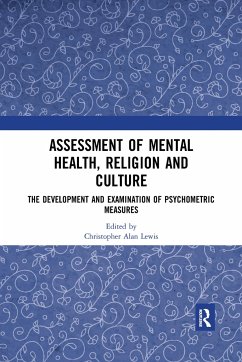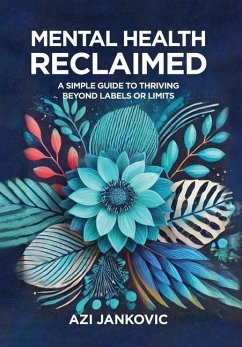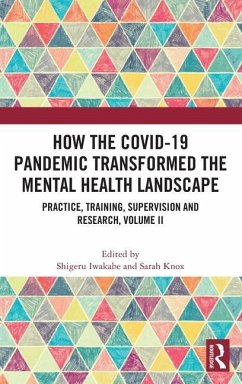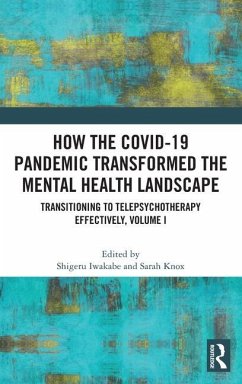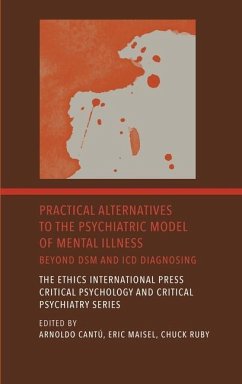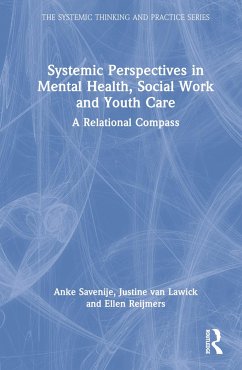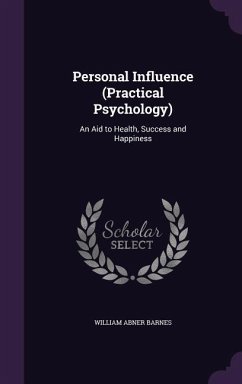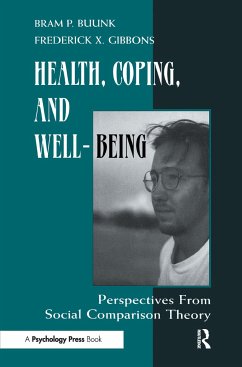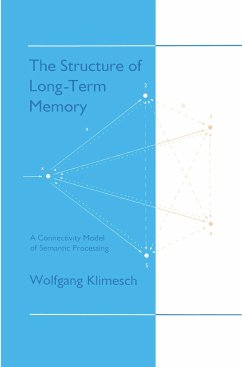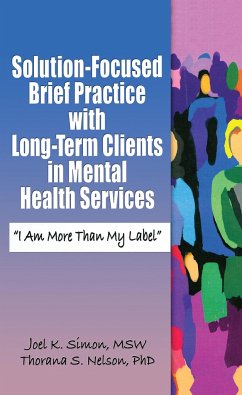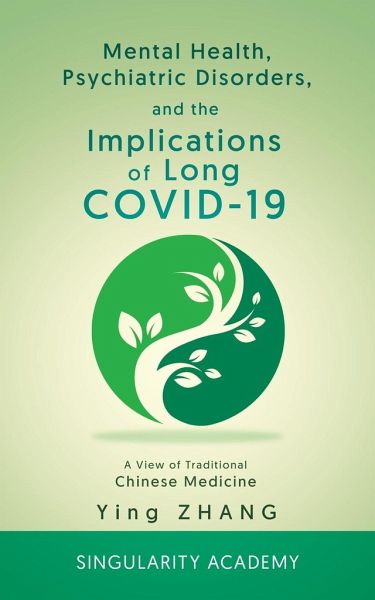
Mental Health, Psychiatric Disorders, and the Implications of Long COVID-19
A View of Traditional Chinese Medicine
Versandkostenfrei!
Versandfertig in 1-2 Wochen
16,71 €
inkl. MwSt.

PAYBACK Punkte
0 °P sammeln!
Western Medicine's (WM) clinical psychology has been developing for about two centuries. The fascinating growth in knowledge regarding human cognitive and psychological mechanisms has occurred only in recent decades. Even with the assistance of neurology studies, clinical services still seem insufficient. One of the primary reasons is that the psychological field, in contrast to its peer fields in western medicine, must take cognitive, social, cultural, biological, neurological, and many other factors into account when administering treatment. This early stage of the development of psychology ...
Western Medicine's (WM) clinical psychology has been developing for about two centuries. The fascinating growth in knowledge regarding human cognitive and psychological mechanisms has occurred only in recent decades. Even with the assistance of neurology studies, clinical services still seem insufficient. One of the primary reasons is that the psychological field, in contrast to its peer fields in western medicine, must take cognitive, social, cultural, biological, neurological, and many other factors into account when administering treatment. This early stage of the development of psychology could benefit from traditional Chinese medicine (TCM), which has more than 6,000 years of history, with a proven theoretical foundation and rich medical experience in viewing and treating the same group of symptoms as those from WM. With the rising number of psychiatric disorders in the world, especially during the COVID-19 pandemic, taking the view of TCM into account would benefit not only the healthcare system as a whole (in terms of cost-effectiveness) but also each individual's health (in terms of healing effectiveness). In this book, I focused on illustrating the theoretical foundation of TCM and its view of psychotic disorders to help my WM medical peers better understand TCM's value. I discussed the mechanism of TCM in healing people (rather than just treating people) by using the universe's wisdom (Yin and Yang) to provoke our bodies to heal themselves. I also discussed TCM's principles regarding diagnosis and treatment (i.e., acupuncture and herbal medicine) and its applications in the period of long COVID-19. Qigong (and Taichi), which I did not illustrate in-depth due to the limited room in this book, is another proven, cost-effective healing approach that applies the same theoretical foundation as acupuncture and herbal medicine. To convince more of my medical colleagues, I discussed the effectiveness and pharmaceutical mechanism of herbal medicine and acupuncture using western medicine research. As is often said, knowledge without being understood is regarded by humans as nonscientific (which is hilarious, reflecting the ignorance of some people about the unknown). I sincerely hope that this brief study of the TCM view of psychiatric disorders will shed a little light on clinical psychology development. I also hope this work will facilitate both sides (WM and TCM) in gaining insight from each other to benefit the core of humanity.



